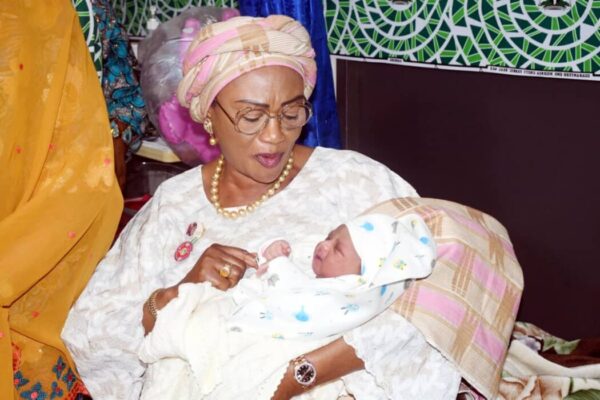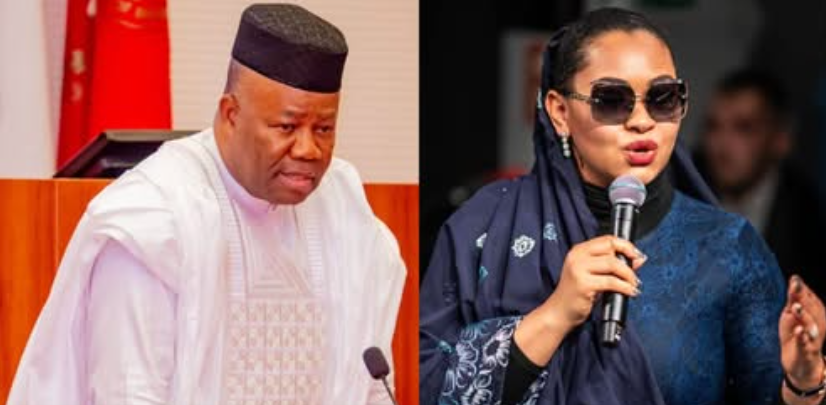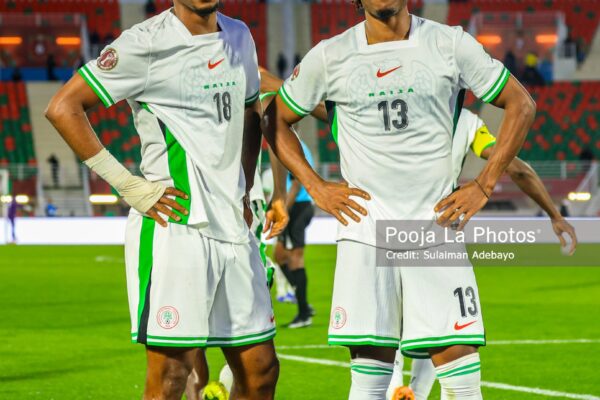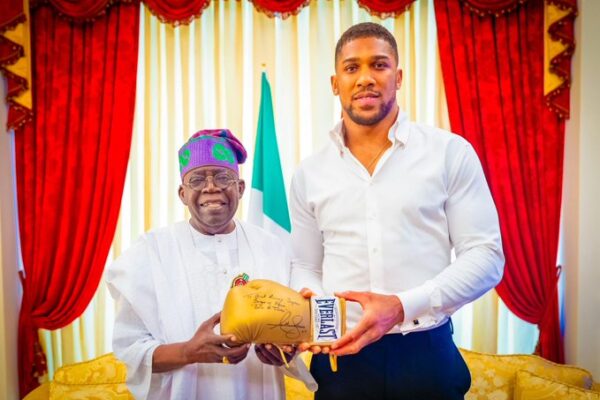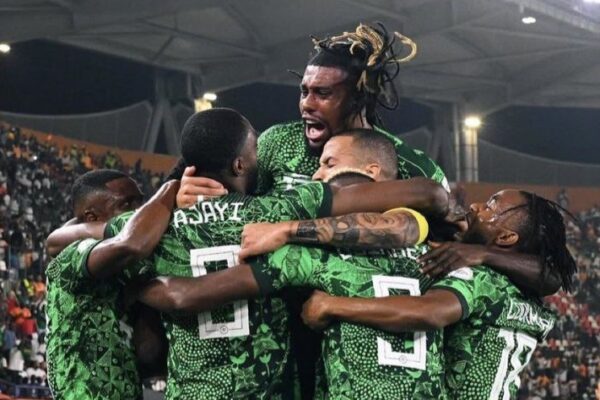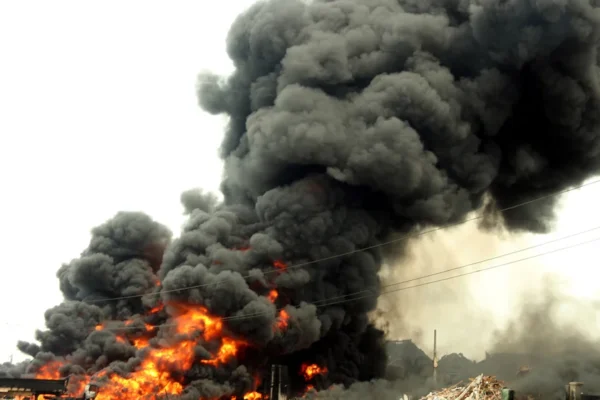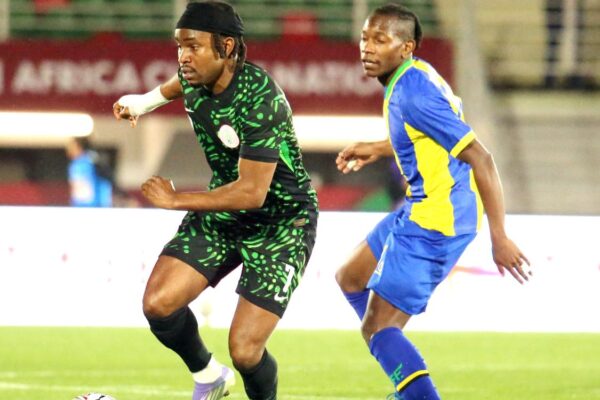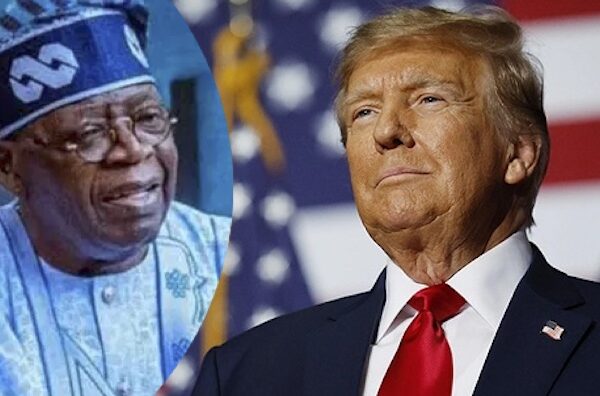U.S. forces have carried out airstrikes on Islamic State targets in northwest Nigeria following weeks of intelligence operations and at the request of Nigerian authorities, according to the U.S. military’s Africa Command. The strikes, conducted in Sokoto State, killed multiple ISIS militants operating from known camps. The operation followed intelligence-gathering flights over large parts of Nigeria that began in late November, Reuters reported. Footage released by the Pentagon showed at least one projectile launched from a U.S. warship, while a U.S. defense official said several militants were struck during coordinated attacks. Nigeria’s Ministry of Foreign Affairs said the strikes were part of ongoing security cooperation with Washington, involving intelligence sharing and strategic coordination. “This has led to precision hits on terrorist targets in Nigeria by air strikes in the North West,” the ministry said in a post on X. U.S. Defense Secretary Pete Hegseth also acknowledged the collaboration, thanking Nigeria for its support and adding: “More to come…” .@POTUS “Tonight, at my direction as Commander in Chief, the United States launched a powerful and deadly strike against ISIS Terrorist Scum in Northwest Nigeria, who have been targeting and viciously killing, primarily, innocent Christians, at levels not seen for many years, and… pic.twitter.com/ct7rUW128t — Department of War 🇺🇸 (@DeptofWar) December 26, 2025 Donald Trump announced the strikes on Christmas Day from his Mar-a-Lago residence in Florida, saying on Truth Social: “Tonight, at my direction as Commander in Chief, the United States launched a powerful and deadly strike against ISIS Terrorist Scum in Northwest Nigeria, who have been targeting and viciously killing, primarily, innocent Christians, at levels not seen for many years, and even Centuries! “I have previously warned these Terrorists that if they did not stop the slaughtering of Christians, there would be hell to pay, and tonight, there was. The Department of War executed numerous perfect strikes, as only the United States is capable of doing.” Trump has repeatedly accused Islamist militants in Nigeria of targeting Christians and previously warned of possible U.S. military intervention if the violence continued. However, Nigeria’s government has rejected framing the country’s insecurity as religious persecution, insisting that armed groups attack both Muslims and Christians and that the crisis is driven by broader security challenges. Nigeria, which is nearly evenly split between Muslims and Christians, has faced years of insurgency, banditry, and communal violence across several regions. Analysts say the conflict is complex, fueled by criminal activity, territorial disputes, and longstanding economic pressures, alongside extremist violence. The airstrikes came amid renewed attacks elsewhere in the country. Police said a suspected suicide bomber killed at least five people and injured 35 others in Nigeria’s northeast, another area plagued by Islamist insurgents. Earlier on Christmas Day, President Bola Ahmed Tinubu appealed for unity and peace in a message posted on X, calling for harmony “especially between individuals of differing religious beliefs.” He added: “I stand committed to doing everything within my power to enshrine religious freedom in Nigeria and to protect Christians, Muslims, and all Nigerians from violence.” The Nigeria operation follows recent U.S. strikes on Islamic State targets in Syria after a suspected ISIS attack on American personnel there. Despite campaigning as a leader opposed to “endless wars,” Trump’s return to office has been marked by a series of overseas military actions targeting extremist groups.
